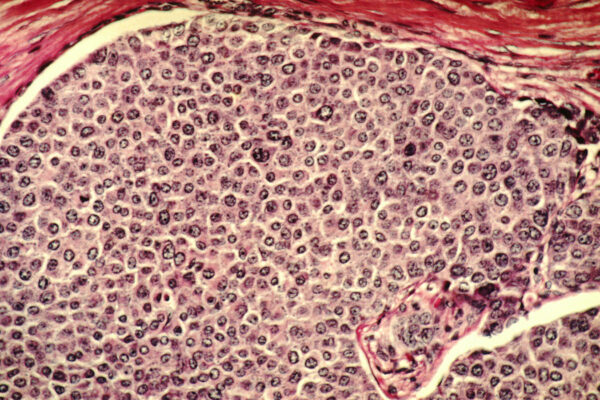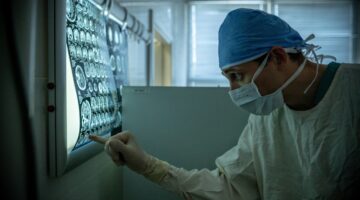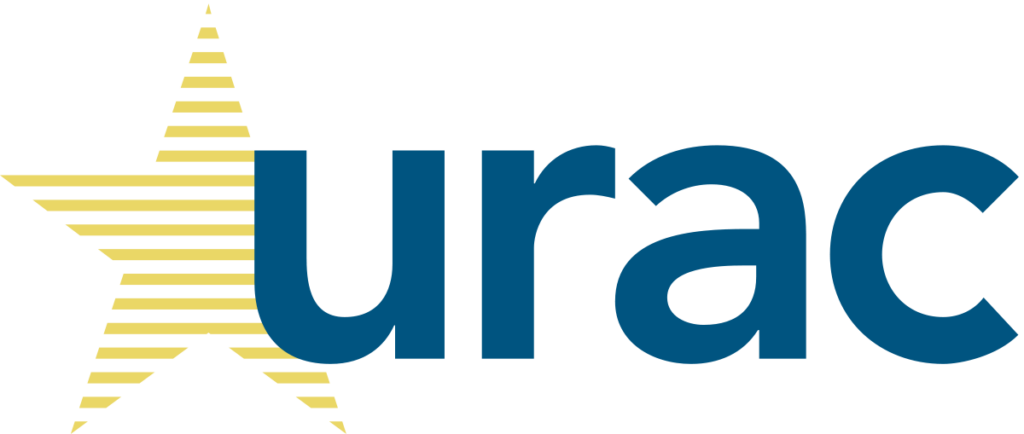
Eisai is expanding the scope of its cancer drug pipeline through a partnership with Bliss Biopharmaceutical, whose lead program addresses a hot oncology target that makes it a potential competitor to a blockbuster AstraZeneca product.
Under the collaboration agreement announced Monday, Tokyo-based Eisai will co-develop Bliss’s BB-1701, a drug that has reached mid-stage clinical development. The deal grants Eisai an option to license global rights to the drug, excluding China, where BlissBio is based. In addition to an upfront payment, BlissBio could also receive an option exercise payment from Eisai. The breakdown of those payments was not specified, but the companies said milestone payments to BlissBio could reach up to $2 billion.
BB-1701 targets the cancer protein human epidermal growth factor receptor 2, or HER2. The drug itself is an antibody drug conjugate (ADC), a type of therapy that pairs the targeting ability of an antibody with a cancer-killing drug payload. The drug component of BB-1701 is eribulin, brand name Halaven, an Eisai cancer medicine with FDA approvals in liposarcoma and advanced breast cancer.
HER2 is also the target of Enhertu, an ADC commercialized by partners AstraZeneca and Daiichi Sankyo. This drug won its initial approval in 2019 for treating advanced breast cancers that express HER2. Last year, the FDA expanded Enhertu’s approval to include breast cancers expressing low levels of HER2, a decision that significantly broadens the addressable patient population. The drug also won an approval in non-small cell lung cancer.
BlissBio designed BB-1701 as a safer and more effective treatment for HER2 solid tumors that have advanced or spread. The company says the way its ADC works includes a bystander effect, in which the toxic drug payload kills surrounding cells in addition to the target cancer cell. Furthermore, BlissBio says its drug also leads to immunogenic cell death, a type of cancer cell death in which an additional immune response is triggered.
“Through this important partnership we will commit to working with Eisai to advance the development of BB-1701 for the benefit of patients worldwide,” BlissBio CEO Ziping Wei said in a prepared statement.
BlissBio has advanced BB-1701 to Phase 1/2 testing in the U.S. and China for cancers of the breast, gut, bladder, and lungs. The biotech says more than 100 patients have been dosed with the experimental therapy to date. In April, BlissBio presented preclinical data for the ADC during the annual meeting of the American Association for Cancer Research. Next month, the company is scheduled to present Phase 1 data for the drug during the annual meeting of the American Society of Clinical Oncology.
Other companies are striking deals for new HER2-targeting ADCs. In April, BioNTech agreed to pay $170 million up front to begin an alliance with Duality Biologics and two ADCs, one of which targets HER2.
Eisai already has one ADC in its pipeline. MORAb-202 targets folate receptor alpha-positive tumors with eribulin as its drug payload. Under a partnership with Bristol Myers Squibb, this drug candidate has reached Phase 1/2 testing in the U.S. and Phase 1 testing in Japan. The program spans endometrial, ovarian, lung, and breast cancers.
Public domain image by the National Cancer Institute










